- I am interested the most in IT, physics, biology and chemistry, and I would like to study abroad after high school – said Martin Šimunković during the high school enrollment fever at the end of June, when the fifth anniversary of Croatia’s accession to the EU was commemorated.
Many Croatian teenagers think like Martin.
The most comprehensive survey of high schoolers in the country by Boris Jokić and Zrinka Ristić Dedić of the Institute for Social Research in Zagreb (IDIZ) showed that as many as 53 per cent of students between the ages of 15 and 18 want to live and work outside Croatia. The survey was made on 13,301 students from 59 high schools in Croatia and it revealed that more than 50 per cent (52.3 per cent) of high schoolers who are among the top 20 per cent of students in their generation are planning to leave Croatia. In addition, approximately half of students who rank between top 20 per cent and top 40 per cent are seriously considering emigration.
- After Croatia acceded to the EU, it became easy for our students to study at a European university after finishing high school. Many EU member states offer free education at competitive universities with good ranking and international reputation. Now we can talk about the exodus of our top high school students who want to study in the EU. This means that our universities are competing for students with foreign universities whether their administrations like it or not - said State secretary for science and EU funds at the Ministry of Science, Education and Sports Tome Antičić.
He expressed his belief that excellent opportunities for development of science and education became available with Croatia’s accession to the EU - through EU projects and cooperation - but noted that our country has not come close to seizing these opportunities. –This is evident on many levels. One is that we are 25th out of 28 countries with regard to absorption of funds for the Horizon 2020 program. In addition, our universities are still ranked poorly on European and global lists. Cooperation between our science and economy is still poor, which is one of the EU’s priorities – said Antičić.
The analysis from last year, released on the occasion of the 10th anniversary of the European Research Council (ERC), the most competitive European research fund, showed how much our science is lagging behind Europe. In the period between 2007 and 2017, the ERC approved some 7,000 projects worth some EUR 12 billion, largely to top universities in the world concentrated in several Western European countries. Among the most successful were UK, Germany and France, with Switzerland and Israel ranking high – non-EU members that could apply for ERC projects.
Croatia is at the bottom of the list with five projects, but official records list only three as the projects approved to Stipan Jonjić from the University of Rijeka, Vernesa Smolčić from the Faculty of Science at the University of Zagreb (PMF) and Iva Tolić from the Ruđer Bošković Institute (IRB) are to be implemented in Croatia alone, while projects of Ana Sunčana Smith from the IRB and Neven Barišić from the PMF will be partly implemented in Croatia.
- Croatia is among EU member states with the largest discrepancy between ERC projects awarded to our scientists in Croatia and abroad. We have three ERC projects in Croatia and as many as 19 abroad. This shows that we have top scientists who cannot achieve their potential in Croatia and are finding their place in the EU. This is a warning that Croatia’s science system is bad – Antičić pointed out.
He added that the Ministry of Science, Education and Sports is working on creating the conditions where a more competitive system can be created to attract our and foreign scientists.
- One of the Ministry’s measures is easier access to positions for repatriates as well as foreigners. Also, we will create additional jobs in all Horizon 2020 projects we coordinate. Unfortunately, we have only 13 such projects – said Antičić. He stressed that the European Regional Development Fund (ERDF) secured some HRK 1 billion in the last year for modernization of infrastructure and procurement of modern equipment for scientific organizations in Croatia, which will surely help to develop our science.
- This presents a strong tailwind for our science. In the next year or so, funding from EU structural funds should reach HRK 2.5 billion – Antičić stressed. He expressed belief that signing of the contract with the European Space Agency (ESA) is a step in the right direction and added that our country should finally become a full member of the European Organization for Nuclear Research (CERN) by the end of the year or at the start of the next one.
Project 'DONES'
The Minister of Science, Education and Sports Blaženka Divjak signed the Memorandum on Understanding and Cooperation on Fusion Research between Croatia and Spain in Madrid at the end of June. The Memorandum formalizes cooperation between the two largest science and research institutes – the IRB in Croatia and the CIEMAT in Spain, which is taking part in design of DEMO Oriented Neutron Source (DONES). This is a key device for development of fusion, the nuclear reaction powering the Sun and other stars. DONES is worth some EUR 550 million and is the second-largest nuclear program in the EU, right after the International Thermonuclear Experimental Reactor (ITER), the largest international science project of today.
-The DONES is the first international project on the level of the EU in which Croatia is taking part as an equal strategic partner. According to the available information, the device will be located in Granada, but we are equal partners. Croatian science and economy will significantly profit from the DONES project – said Tome Antičić.






Komentari
0